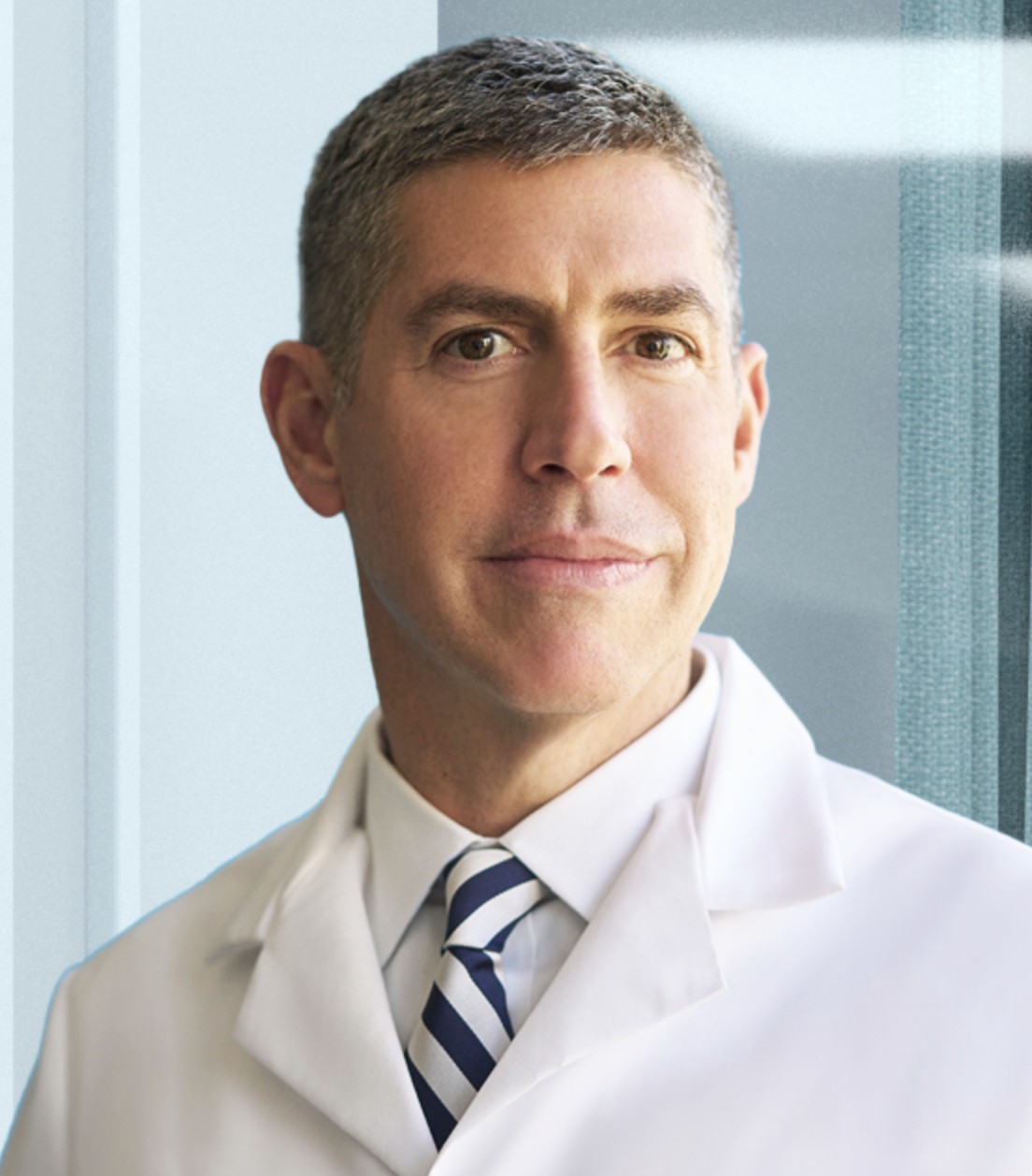The healthcare industry is facing headwinds across the country. It is not an easy time to lead a health system — let alone one of the largest ones in New York City – but it is a privilege. We have the honor of providing world-class innovative health care to our patients and creating career opportunities for our employees. New York’s healthcare sector accounts for $228 billion per year in economic activity, which is more than 10 percent of New York State’s GDP. This significant economic impact is most felt by our employees, with hospitals spending more than $61 billion annually in salaries and benefits because we know they are the backbone of providing the best patient care in the world.
Healthcare is evolving, and our commitment to our employees and patients will never change. What must change, however, is where and how our patients are treated. Care looks different today than it did 10, 20, 50, or 170 years ago at Mount Sinai’s founding, and that’s a good thing. That is progress. Today, the majority of care is no longer delivered in inpatient hospital settings, but modern outpatient clinics and specialty centers that meet patients closer to where they are and allow them to spend less time recovering.
From joint surgery to blood tests to virtual care, more and more New Yorkers are seeking care in specialized facilities or at home, staffed with the best healthcare professionals for each specialty – giving patients more choice, flexibility, and better outcomes. Hospital systems are adapting to patients’ needs and preferences, by opening new ambulatory facilities, consolidating single specialty practices into multispecialty practices, and expanding ready-access to lab services, radiology services, and chemotherapy infusion centers that are close to home to ensure New Yorkers can more easily access the best health care in the world. This evolution in healthcare delivery requires a change in the way that we think about the state’s healthcare infrastructure.
Governor Hochul demonstrated her understanding of this when she vetoed the LICH Act, which would have added additional bureaucracy and handcuffed all health care providers from transforming their systems to meet the changing needs of patients.
The future of Mount Sinai’s Beth Israel hospital is at the center of the conversation about the transformation of healthcare. Mount Sinai absorbed Beth Israel into our system over a decade ago and as health care changed, it became clear that our other facilities and surrounding hospitals were better positioned to care for these patients. We moved the behavioral health portfolio to a future-facing behavioral health center a few blocks away. We dramatically grew and improved our multispecialty ambulatory practice at Union Square. And we built smaller local venues for cancer care and other specialty care in the community.
Now, the Department of Health has already approved our closure plan, but a community group’s lawsuit against the Department of Health and Mount Sinai and delays from the court have forced the hospital to stay open. The community group has reflexively objected to any changes and exaggerated the impact of staff and resource reallocations and facility consolidations, effectively dictating how we run our health system, and squandering a tremendous amount of healthcare dollars that should be dedicated to patient care across the system and across New York City. We are losing more than $500,000 at Beth Israel every day that it remains open, and Mount Sinai Beth Israel has lost $1 billion since 2013. We could have spent that on our future, on more staff and state-of-the-art care for our patients, rather than on our past.
Despite doing the right thing in a manner compliant with state regulations, our future now rests with the Court which has imposed an onerous temporary restraining order and has yet to rule on the lawsuit, even having acknowledged the urgency at a hearing held nearly three months ago. Closing an outdated and underused facility is a critical component of securing and protecting the care we provide across our system. These significant court-imposed delays could impact our ongoing ability to provide high quality patient care and have already resulted in our credit rating being downgraded, which impacts our long-term ability to invest in other facilities and innovative health care delivery systems. While we wait, we are forced to remain open and while there is a direct impact on us, our employees and our patients, the real loss is to New York City.
If the court does not act soon, this will be the canary in the coal mine for other health systems. While Governor Hochul has been committing resources through the Healthcare Safety Net Transformation Program to incentivize health systems to partner with failing hospitals, the prolonged Beth Israel case and its impacts across Mount Sinai show that health systems that do take on failing hospitals that may need to have services or beds reduced may find themselves trapped in untenable situations without help or support. As a result, those health systems will be dramatically disincentivized to take on any more risk or try to help support or transform those failing hospitals. We hope the court will reach a decision soon that will allow us to proceed in what we do best: providing the best, innovative, life-saving patient care to our fellow New Yorkers.
Brendan Carr serves as Mount Sinai’s CEO.
The post The Future of Healthcare Now Rests With the Court appeared first on EMPIRE REPORT NEW YORK 2025® NEW YORK’S 24/7 NEWS SITE.

